The 12 Strangest Words Censored In China (And Why They Are Banned From Weibo)

Every June when millions of people worldwide are commemorating the anniversary of the 1989 Tiananmen Square protest, thousands of censors hired by China’s Internet companies are working in overdrive to remove words deemed sensitive by the government from social media.
The demonstration led by students attracted over 1 million protesters to occupy the iconic square during the spring of 1989 for seven weeks demanding political reforms. After much debate within the Communist Party of China, the government deployed armed soldiers and tanks to clear the square by force. Since then it has been suppressing discussions about the protest by censoring books, media programs and digital content related to the issue.
Required to cooperate with the government, Internet companies delete any reference to the protest. Search engines return no results when people search for words related to the issue.
These words were picked from a crowdsourced list contributed by Weibo users who found that no result was returned when they searched those words on Weibo. The words were then verified by China Digital Times (CDT), a news website focusing on Internet censorship in China, before published.
IBTimes researched each of the 1,188 words collected from January 2013, when China’s then president-nominee Xi Jinping was getting ready to take over the Communist Party and the state, until this week, which marks the 26th anniversary of the Tiananmen Square protest.
Now, let’s see the words.

Since the anti-corruption campaign launched by president Xi Jinping in March 2013, senior officials investigated were referred to as “tiger” while middle and lower-ranking officials were “flies.” The phrase “rise to the surface” here means that another “tiger” has been implicated in the graft investigation.

The phrase that literally means “May the wind fill your sails” is a common Chinese greeting to wish someone a safe trip or best of luck. It was blocked after a pro-Beijing newspaper published a news story claiming that President Xi Jinping gave a note written with the phrase to a cab driver after he took the cab like an ordinary citizen. State news agency Xinhua later reported that the story was fake.
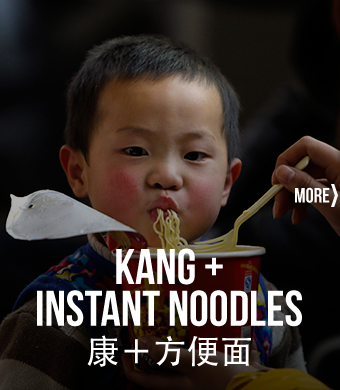
AND ITS VARIATIONS ON OTHER DAYS
“Kang Shifu” or Master Kong is a popular instant-noodle brand in China. Netizens started to use the name to refer to former security chief Zhou Yongkang when the news broke in July 2014 that the top official was being investigated for corruption.
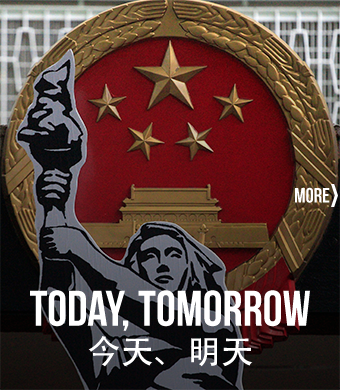
To avoid censorship, Chinese netizens used various words to allude to the Tiananmen Square protest during its anniversary including “today,” “tomorrow,” “that year,” “that day” and “special day,” but all were blocked.
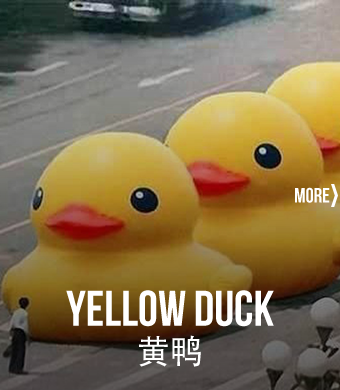
Apart from words, Chinese netizens also used images to allude to the Tiananmen Square protest. One such image is the iconic "tank man" photo, taken by Associated Press photographer Jeff Widener during the protest in 1989, with its tanks photoshopped into four giant rubber ducks.
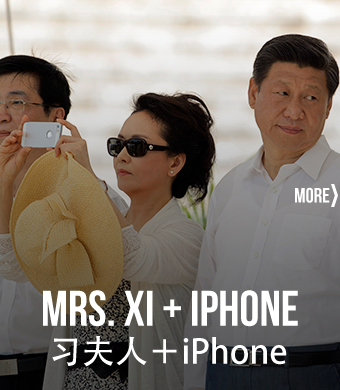
China’s first lady Peng Liyuan was seen taking pictures using an iPhone in an Associated Press photo. The photo triggered a heated discussion among Chinese netizens because China’s state media CCTV and the People’s Daily had earlier criticized Apple for its poor customer service.
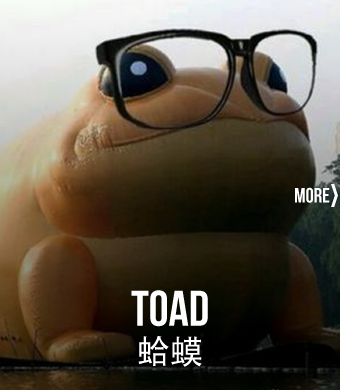
Inspired by the inflatable Dutch yellow duck, a giant inflatable yellow toad was installed in June 2014 at Beijing’s Yuyuantan Park to represent a popular Feng Shui charm for prosperity - the Golden Toad. News about the sculpture was censored soon after netizens compared it to former president Jiang Zemin, who was nicknamed The Toad.

Police helicopters were deployed to monitor a protest at Beijing demanding investigation into the death of a 22-year-old woman named Yuan Liya. She was found dead after falling from the fifth floor of a shopping center. The police quickly ruled out foul play and announced Yuan had committed suicide.
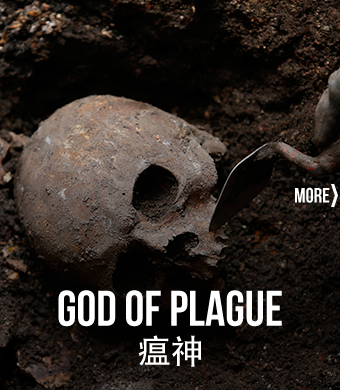
“Wen Shen” means the god of plague in Chinese, a Chinese deity that spreads diseases. The phrase was used to allude to former premier Wen Jiabao as his surname “Wen” shares the same pronunciation as the “Wen” in “Wen Shen,” although they are two different characters.
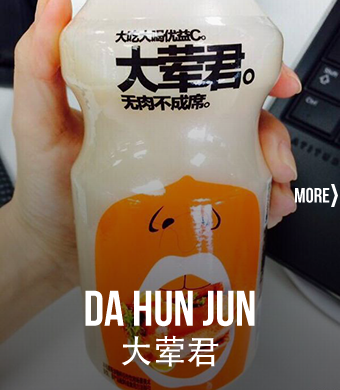
"Da Hun Jun" (大荤君), which literally means “great meat monarch,” was a yogurt drink produced by Chinese dairy giant Mengniu Dairy. It was taken off shelves apparently because the name has the same pronunciation as "fatuous ruler" in Chinese.
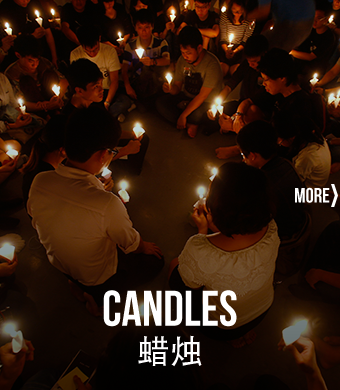
Every June 4 since 1990, a candlelight vigil was held at Victoria Park in Hong Kong to commemorate the anniversary of the 1989 Tiananmen Square protest. Around 180,000 people attended the event in 2014.

Chinese netizens used this phrase and "占点占" that literally have no meaning to graphically illustrate the scenario of tanks (占) crushing protesters (灬) at Tiananmen Square during the 1989 pro-democracy protest.
© Copyright IBTimes 2024. All rights reserved.





















